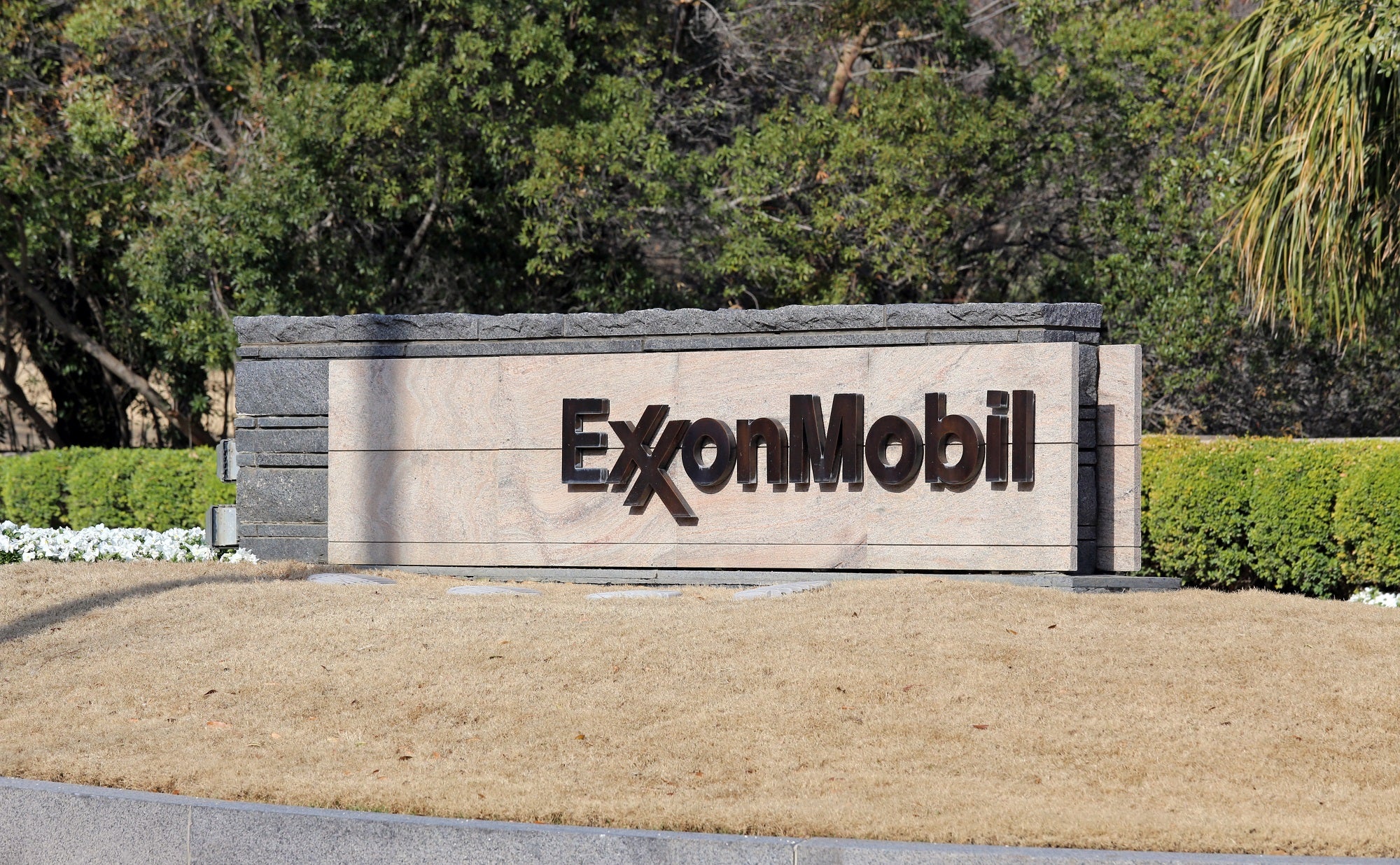
In just over 25 years, oil demand may be as high as it is now, or even higher, US energy giant ExxonMobil has predicted.
In its Global Outlook Report for 2024, Exxon estimates that there will be a 15% increase in total energy use worldwide between now and 2050.

Discover B2B Marketing That Performs
Combine business intelligence and editorial excellence to reach engaged professionals across 36 leading media platforms.
While the energy transition will accelerate the uptake of renewable technologies and electricity use will grow by a predicted 80% by 2050, Exxon predicts oil demand will remain above 100 million barrels in the same time period.
The International Energy Agency recently claimed that for net-zero scenarios to be realised, oil demand will have to fall to 24 million barrels per day (mbbl/d).
In its report, Exxon says it “is not just” to encourage policies that will lead to an unsustainable fall in the production of oil.
Should no new investment be made, by 2030 the world will be 70 million barrels short of what is needed to meet demand, leading to harmful price spikes, it added.

US Tariffs are shifting - will you react or anticipate?
Don’t let policy changes catch you off guard. Stay proactive with real-time data and expert analysis.
By GlobalDataIn an interview with Reuters, Chris Birdsall, energy and strategic planning director at Exxon Economics, said: “Oil and gas demand have a very, very long runway and will continue to grow over the next few years.”
Exxon added that if every new car sold in the world in 2035 was electric, oil demand in 2050 would still be 80mbbl/d, the same as it was in 2010.
While oil demand is set to remain steady, global greenhouse gas emissions will begin to decline in 2030, as renewable sources continue to expand, according to Exxon.
Exxon’s oil demand forecast for 2050 is 25% higher than its British rival bp. BP also predicts emissions reductions will happen sooner, in the middle of the current decade.



